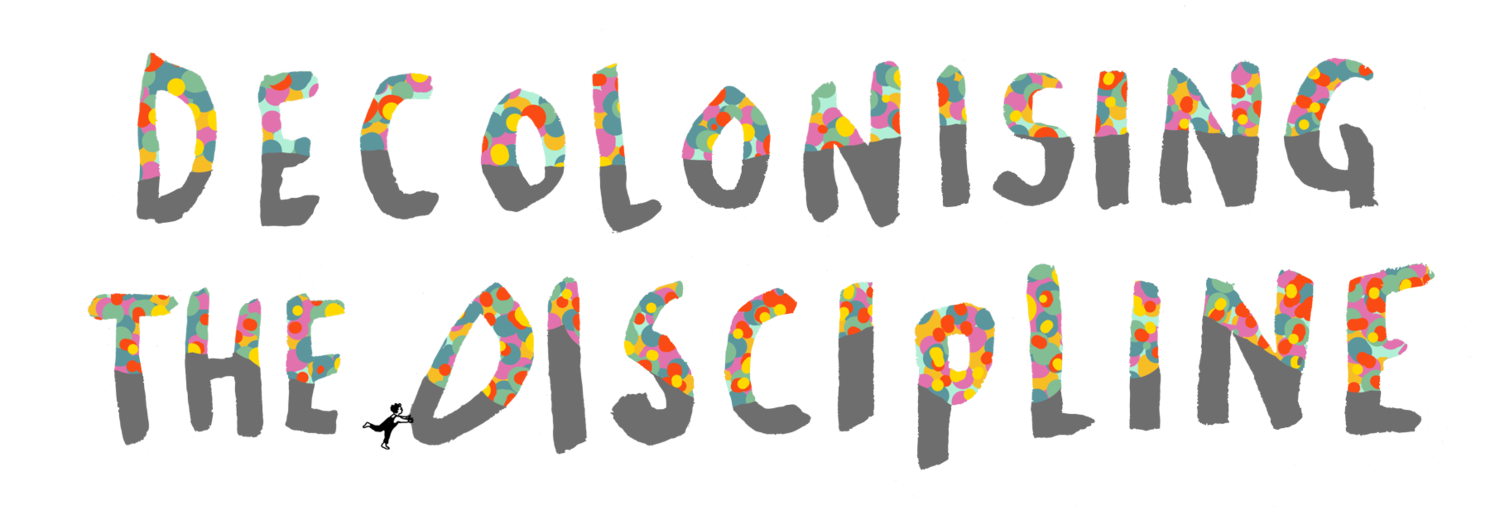SOAS Library
Farzana Qureshi (SOAS, London)
SOAS Library is one of five national research libraries with an estimated collection of 1.5 million. In 2019 the Library created a cluster Decolonisation Operational Working Group, to acknowledge and challenge our roots; including redress disadvantage associated with racism and colonialism.
Our Terms of Reference focuses on reviewing and updating our metadata, supporting small publishers that encourage voices from the heart of those regions and liaising with departments and students to build reading lists that reflect indigenous authors. We aim to engage with knowledge from across the globe, not merely the English-speaking West. We strengthen these ties further by supporting our student body in the de-centering of Euro- and Anglo-centric epistemological structures by facilitating, as far as is possible, access to indigenous resources from Asia, Africa, and the Middle East.
We understood that to preach these core values and to continue the decolonial discourse, we needed to combine forces with students who use the library collections and the space itself as a centre for reflective learning. We applied to the co creator internship programme at SOAS. This joint participation allowed the library to oversee two significant key areas relating to reading lists and the physical space within the library. It paved the way to engage directly with our students at a grassroot level.
One project gave a student the opportunity to overhaul and update the readings in a way that reflected their own take on the subject, from a non-western literary perspective. While the surveying of our space project allowed us to liberate a fresh pair of eyes to witness how inclusive our space really was. Does our space celebrate historical and colonial acts of aggression against those cultures and communities? Does our signage represent communities of colour in an up to date and inoffensive manner? With these challenging questions in mind, I unpick at how enlightening the experience was for us in the library. And the challenges that lie ahead with implementing these findings to continue the dialogue between staff, students and research departments.
